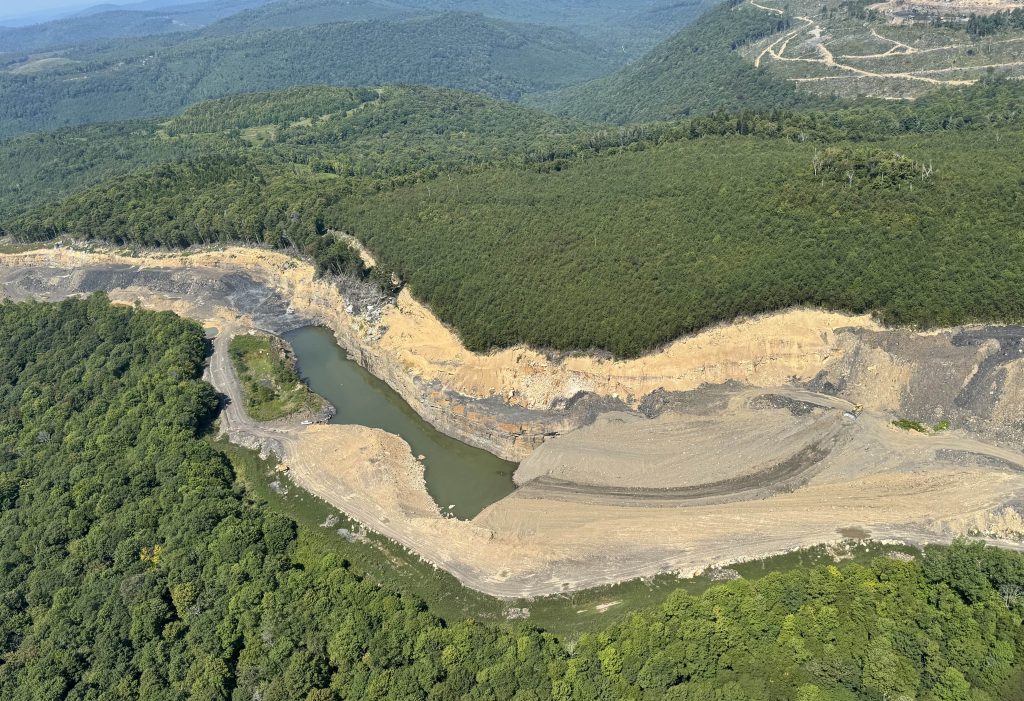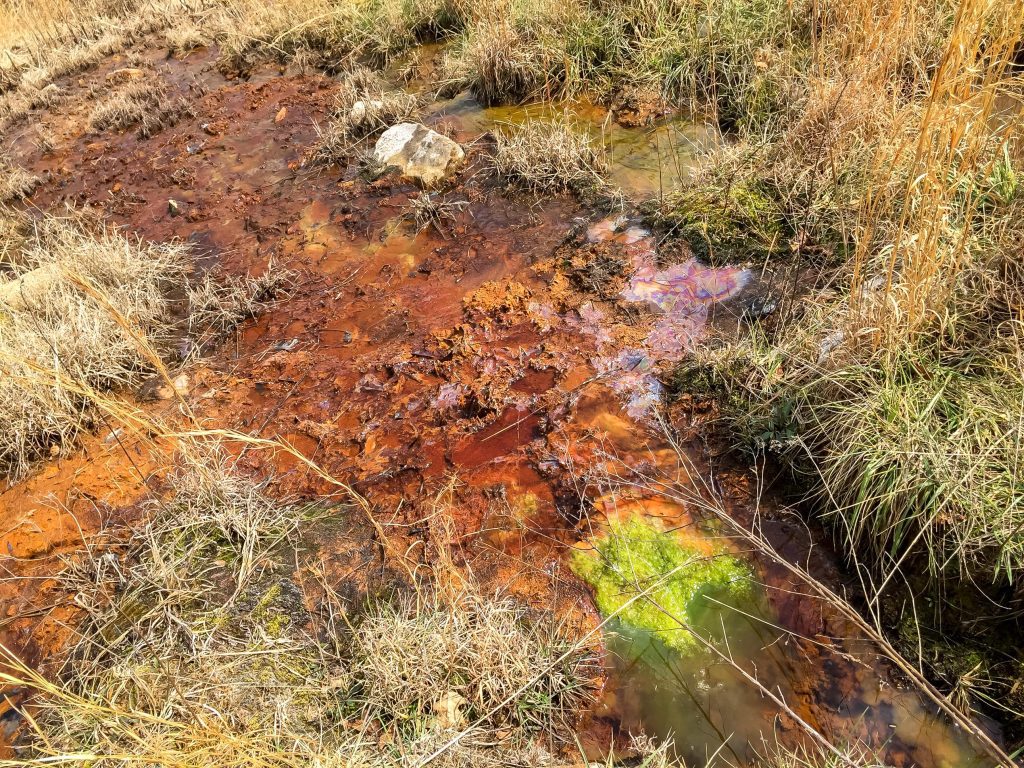Cleaning Up Coal Ash
For well over a century, power plants across the country have burned coal to generate electricity. And for just as long, leftover coal ash has been dumped in open, unlined pits near the power plant, usually located on a river or lake. Every year, U.S. power plants produce 130 million tons of coal ash, which is the second largest waste stream in the country after municipal garbage.
Coal ash concentrates the toxic heavy metals found in coal, including arsenic, mercury, lead and selenium. Stored in unlined, wet impoundments, coal ash has been leaking these toxics into our groundwater and surface waters for years. Sometimes these impoundments collapse — with disastrous results.
Yet government regulations for coal ash management are either non-existent or sparse, and there is little enforcement of the regulations that do exist. In North Carolina, this lack of oversight — and the complicity between state regulators, elected officials and Duke Energy — came to a boiling point in February 2014 when one of Duke’s coal ash impoundments spilled 39 million tons of ash into the Dan River.
Citizens living near North Carolina’s 33 coal ash impoundments — all of which have leaked — have fought for transparency from Duke and the state, and for cleanup of the pollution that threatens their property value, health and family. Their actions forced this issue into the headlines of news networks and to the forefront of environmental justice conversations in the United States.
Appalachian Voices stood with these communities as we worked for years to compel Duke Energy and the N.C. Department of Environmental Quality to excavate coal ash from all the North Carolina sites and dispose of it either in lined, dry landfills, away from waterways, or by recycling it for concrete or other uses, provided it’s done in a manner that protects public health and the environment.
On Jan. 2, 2020, North Carolina announced a historic settlement with one of the state’s most powerful corporations and polluters, Duke Energy. The settlement requires Duke to move nearly 80 million tons of toxic coal ash at six of its power plants to properly lined landfills onsite or recycle it.

Learn information about specific coal ash impoundments in the South, including health threats and safety ratings:
Additional Resources
Fact sheets, videos, links to academic research, and more
Sign Up to Act
Help us protect the health of our communities and waterways.
Latest News
Coal company with 80+ clean water violations files for bankruptcy
South Fork Coal Company and its parent entities Xinergy and White Forest Resources, filed for Chapter 11 bankruptcy in Delaware. The move follows the company’s well-documented pattern of water pollution and mine clean-up violations, which have drawn mounting public scrutiny and legal actions.
Federal regulators shut down illegal WV coal haul road — Interior quietly reopens it at company’s request
In a whirlwind of conflicting decisions, the U.S. Department of the Interior has quietly allowed South Fork Coal Company to resume hauling coal through the Monongahela National Forest in West Virginia — just weeks after Biden administration regulators shut down the unlawful haul road.
DEP expected to allow Florida-based coal company to walk away from water pollution at Marmet
The West Virginia Department of Environmental Protection appears poised to release Keystone West Virginia, LLC, a Florida-based coal company, from its obligation to treat ongoing acid mine drainage originating at the KD #1 Surface Mine. A public comment period on the pending decision concluded on Saturday.
Abandoned Mine Land cleanup disrupted by federal funding freeze
As the Appalachian region is experiencing intense rainfall this week, the federal Office of Surface Mining Reclamation and Enforcement is not processing state requests seeking approval for abandoned mine land reclamation projects according to state agency officials and congressional staff.
UPDATED: Public informational meeting on Feb. 24 to discuss proposed methane gas pipelines
On Thursday, Feb. 20, health and safety advocates will hold a community meeting to discuss multiple methane gas pipeline projects proposed to come to Rockingham County.
Endangered species listing could help save Eastern hellbenders in Appalachian streams
On Dec. 12, the U.S. Fish and Wildlife Service issued a proposal to classify the Eastern hellbender, the largest aquatic salamander in North America, as endangered.











